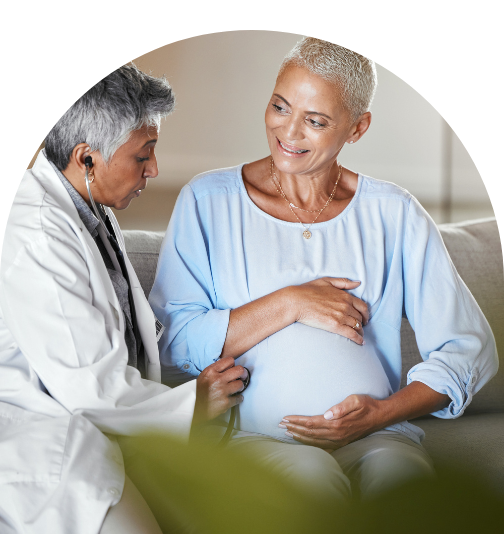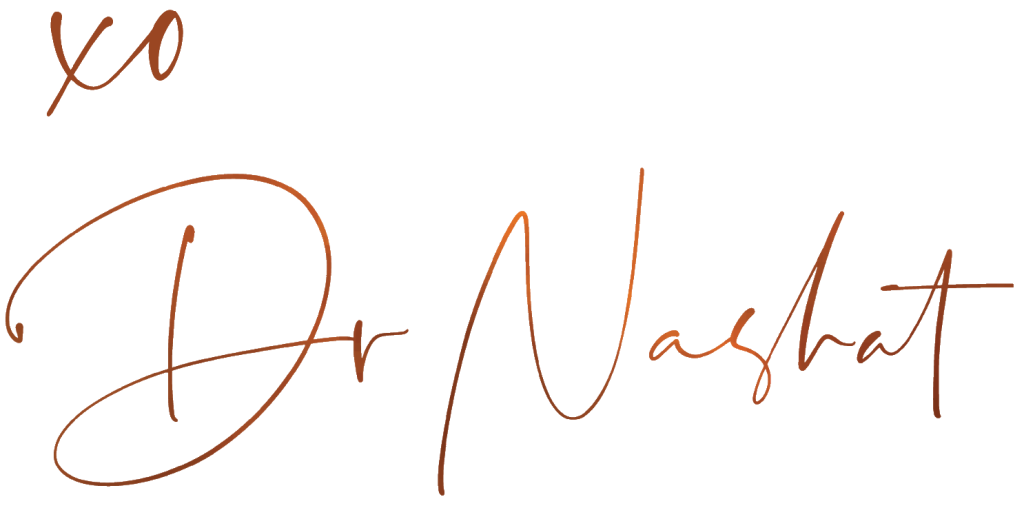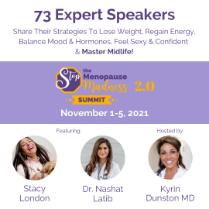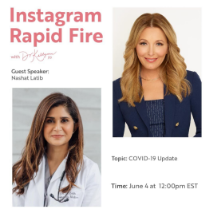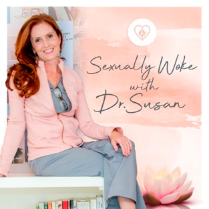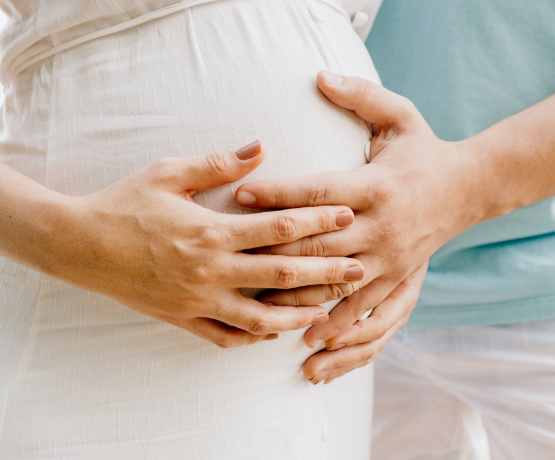Tips to Conceive in Your Mid-30s & Early 40s
You see the headlines everywhere – 35 is the cutoff for your fertile years, your biological clock is ticking, and getting pregnant after 35 is all but impossible.
As more women focus on education, careers, and financial stability before starting a family, many find themselves wanting to conceive in their mid to late 30s (even 40s!) but are plagued by fears that they’ve aged out.
The good news is, thanks to significant advances in fertility treatments paired with functional health approaches to lifestyle and wellbeing, more and more women over 35 and even into their early 40s are able to defy the odds and successfully conceive.
While risks for certain pregnancy complications do rise and egg quality/quantity declines around age 35 for most, there is still reason to remain hopeful.
Here’s why 35 is not too old to get pregnant naturally – and if extra support is needed, what proactive steps you can take to optimize your chances of conceiving and carrying a healthy child.
Why Fertility Doesn’t Suddenly Fall Off a Cliff at 35
The widely cited statistic that 1 in 3 women ages 35 to 39 struggle with infertility does not tell the whole story.
First, the 35-year benchmark is an average with wide variability – some women experience ovulation changes and egg depletion in their late 20s or early 30s, while others remain quite fertile into their late 30s.
Second, the one-third figure lumps all infertility causes together, including issues impacting younger women like PCOS, endometriosis, and male factor infertility, which do not necessarily worsen after 35. Isolating age-related fertility declines specifically, we see a more gradual slope versus a sudden cliff.
Finally, the original studies were based on data from centuries ago before interventions like IVF could circumvent age-related egg scarcity. They focused solely on getting pregnant, not carrying to term, or having a healthy baby.
Modern integrative fertility care takes a precision approach to identify your specific hurdles, lifestyle factors to optimize, and personalized treatments to overcome age-related roadblocks, so 35 ends up hardly a cutoff for conception or successful motherhood anymore.
Given all the advances in reproductive technology, as well as lifestyle medicine, newer studies are proving that “women over 35 are not at greater risk of adverse pregnancy outcomes if they are cared for early and carefully.”
Assessing Your Individual Fertility Picture
Regardless of your age, start by reviewing your own and your partner’s personal health histories with your healthcare provider to identify any red flags like irregular menstrual cycles, past miscarriages, or known medical conditions.
Diagnostic fertility assessments can also illuminate hormonal status, egg reserves via AMH levels, sperm health parameters, uterine or fallopian tube structure issues, genetic components, and more to establish your baseline fertility before 35.
Identifying any deficiencies or dysfunction early allows prompt intervention through lifestyle adjustments, supplements, medications, or procedures well before more aggressive assisted reproductive technologies become necessary.
Proactive Steps Women Over 35 Can Take To Conceive
If you find yourself ready to try getting pregnant over 35, take these proactive steps to set yourself up for success before 35 limitations exacerbate:
Commit to a Regular Exercise Routine
Exercise can be a powerful tool in your journey towards natural conception. Aim for consistency with 3-4 workouts weekly, mixing cardio, strength training, and stretching. Increasing circulation, managing weight, and reducing inflammation all benefit fertility.
Balance Blood Sugar
Follow a whole foods diet low on the glycemic index. Cut back refined carbs and sugars which can disrupt ovarian function. Stable insulin levels equal better hormonal balance.
Reduce Toxic Exposures
Environmental toxins in food, water, home, and beauty products interfere with reproductive hormones and development. Eat organic when possible and filter water to minimize pesticides and plastics. Additionally, detox your home to eliminate environmental toxins, reduce stress, and rest better. This helps reduce internal and external causes of systemwide inflammation.
Improve Egg Quality
Supplement with CoQ10, alpha lipoic acid, and DHEA, which helps with ovarian function and may protect fragile eggs/nuclei as women near 40. Acupuncture aligns hormones and blood flow, benefiting egg maturation too. A diet rich in omega-3 fatty acids has been shown to prolong the female reproductive lifespan and improve egg quality, according to scientific studies.
Consider Egg Freezing
If you hope to conceive much later or want insurance against further egg aging, freeze your eggs in your early to mid-30s when quantity/quality peaks so they can be preserved for future IVF treatments (if you so choose).
Track Your Ovulation
Closely pinpoint your fertile window each month. You can use one of these methods, or try an ovulation predictor test kit, to help maximize your chances, whether trying naturally or using IUI treatment for assisted conception.
Conclusion
Yes, fertility declines with age, but 35 does not have to spell a fertility death sentence.
Every woman is born with a set number of eggs, and that number goes down with age. But the good news is, you don’t need A LOT of eggs to get pregnant. You just need one good egg.
We also need to consider how gut health, stress, food, nutrition, sleep, thyroid, inflammation, and much more affect fertility. Everything is not black or white.
Staying actively engaged with monitoring your reproductive health, making appropriate lifestyle changes, and being willing to act earlier for assistance when needed allows many women to still successfully deliver healthy babies in their late 30s and early 40s.
Working with an experienced functional fertility specialist who will cater recommendations to your personal biochemistry is a great option.
It is certainly not too late—and you’re not too old to get pregnant!

